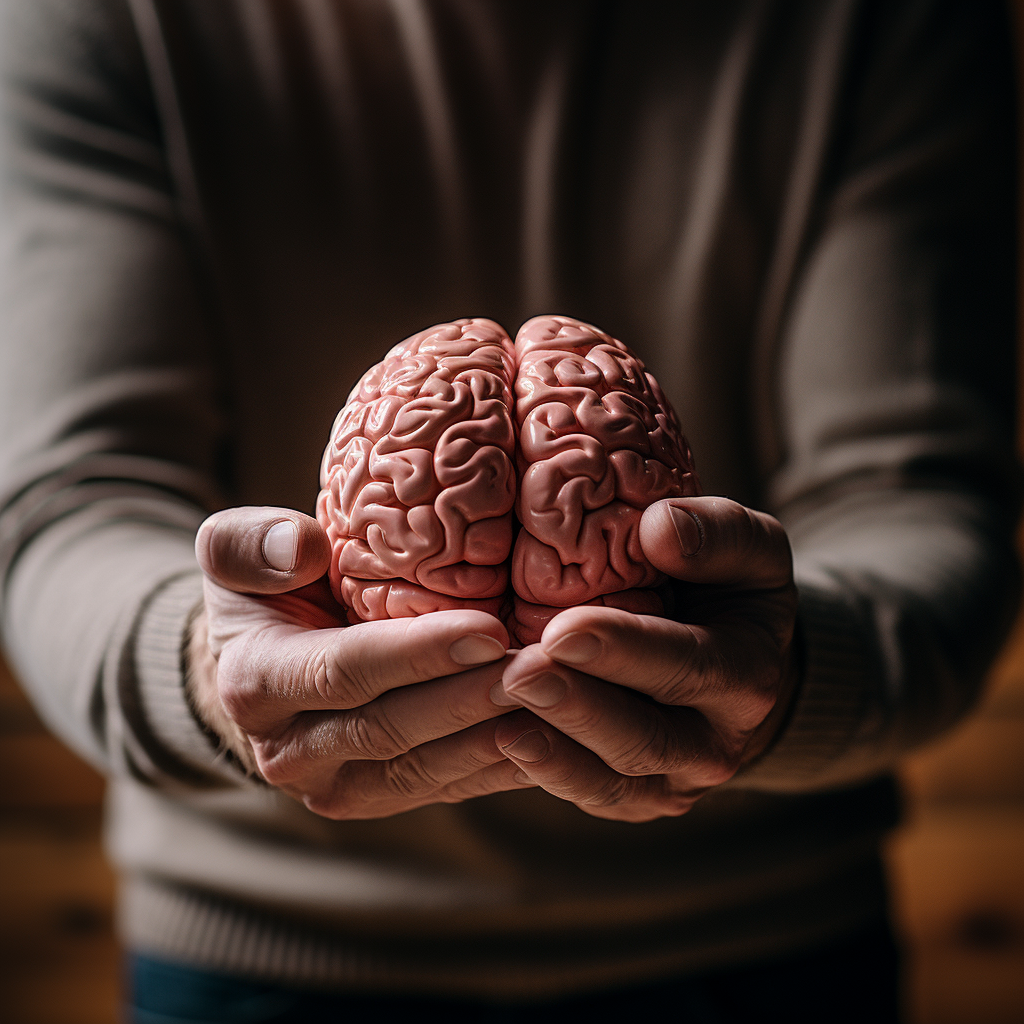Unraveling the Mysteries of the Mind: What Does a Neuropsychologist Do?
As we continue our journey exploring the fascinating world of psychology, one intriguing role stands out: the neuropsychologist. But what exactly is a neuropsychologist, and what do they do? Today we'll delve into this specialized profession, dispel myths, and share how neuropsychologists play a critical role in our healthcare system.
Decoding Neuropsychology: An Intersection of Disciplines
At its core, neuropsychology is the marriage of two fields: psychology and neuroscience. Neuropsychologists leverage their understanding of both disciplines to explore how our physical brain impacts our behaviors, thoughts, and emotions.
What Does a Neuropsychologist Do? Bridging the Gap Between Brain and Behavior
Neuropsychologists work with individuals who have suffered brain injuries or have brain-related conditions. They assess cognitive function, devise treatment plans, provide therapy, and collaborate with other healthcare professionals to provide holistic care.
The Journey to Becoming a Neuropsychologist: Education and Training
Becoming a neuropsychologist involves extensive education and training, including a doctoral degree and a two-year postdoctoral fellowship in neuropsychology. This rigorous preparation equips them with the skills to navigate the complex landscape of the human brain and mind.
Why Would You See a Neuropsychologist?
People seek help from neuropsychologists for a variety of reasons. This can include conditions like ADHD, brain injuries, neurodegenerative disorders, learning difficulties, and more. A neuropsychologist can play a vital role in diagnosis, treatment, and management of these conditions.
Neuropsychology's Role in Healthcare: A Pillar of Support
Neuropsychologists are integral to our healthcare system. They contribute valuable insights to multidisciplinary teams, helping optimize treatment plans and improve patient outcomes. In essence, they serve as a pillar of support, guiding patients and their families through challenging times.
The Mind-Brain Connection Illuminated
Neuropsychology is a field that shines a light on the intricate connection between our brain and mind. Neuropsychologists play a pivotal role in understanding this connection, assisting those with brain-related conditions, and adding a rich layer to our understanding of human behavior.
Understanding the role of neuropsychologists not only gives us a deeper appreciation for this profession but also underscores the complexity and resilience of our human minds. As we continue to push the boundaries of our knowledge, one thing remains clear: the brain may be one of the universe's greatest mysteries, and we are only just beginning to unlock its secrets.




